Indigenous Governance Database
Governance
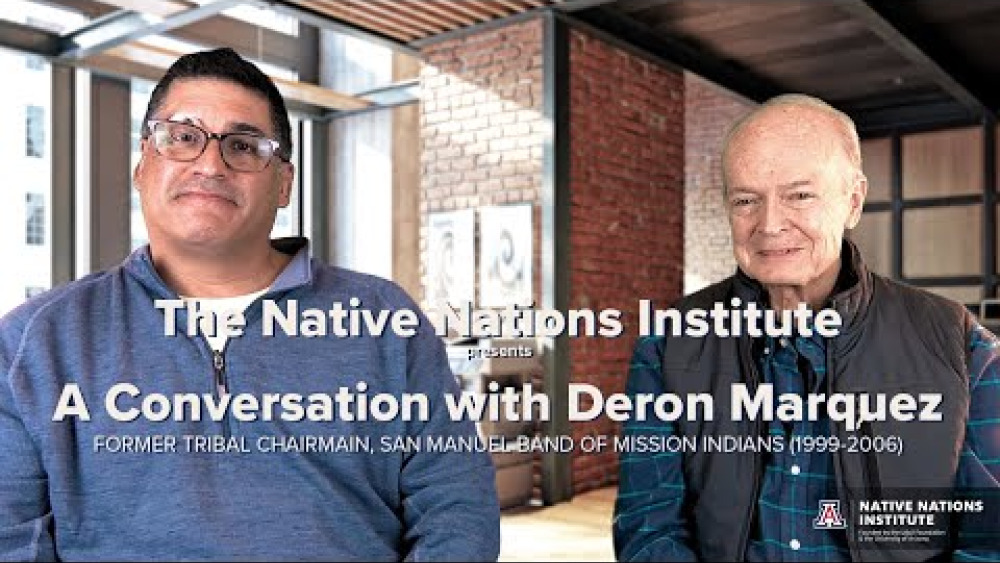
A Conversation with Deron Marquez
Native Nations Institute (NNI) Co-founder Stephen Cornell sits down with Deron Marquez, former Tribal Chairman of the San Manuel Band of Mission Indians (1999-2006), to discuss hot topics in Indian Country today. Subjects covered include per capita payments, Tribal disenrollment, education,…
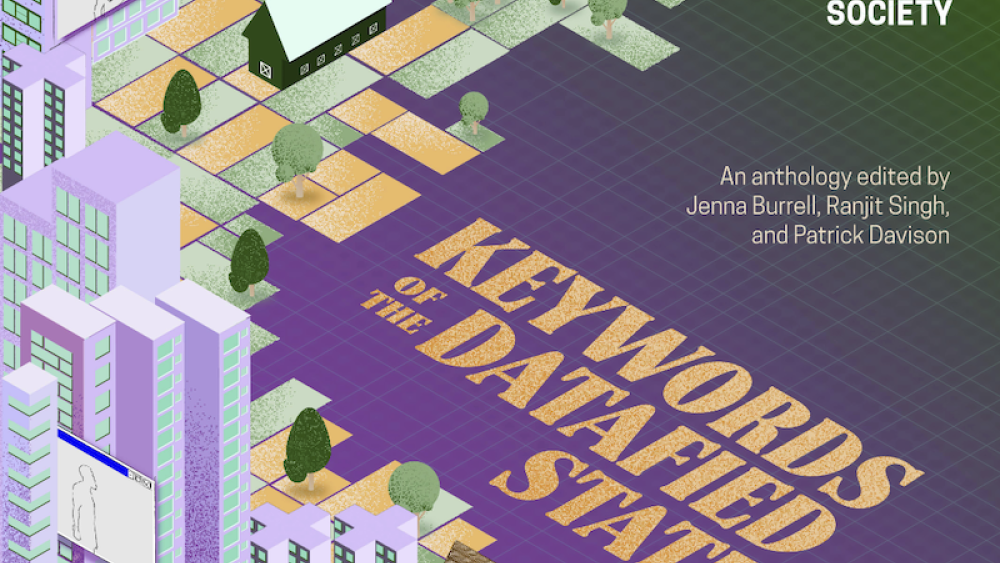
Keywords of the Datafied State: Indigenous Data Sovereignty
Indigenous Data Sovereignty (IDSov) upholds the rights of Indigenous Peoples, communities, and Nations to “govern the collection, ownership, and application” of datasets created with or about Indigenous communities, Indigenous Lands, and the community’s non-human relations. IDSov shifts from…
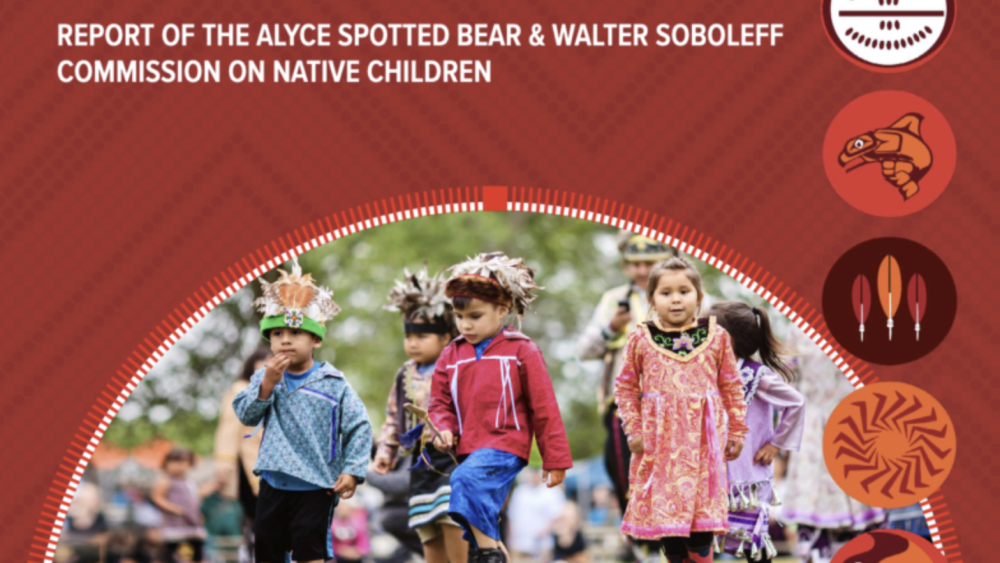
The Way Forward: Report of the Commission on Native Children
Congress created the independent Alyce Spotted Bear and Walter Soboleff Commission on Native Children in 2016 to conduct a comprehensive study of the programs, grants, and supports available to American Indians, Alaska Natives, and Native Hawaiians from birth through age 24 and with making…
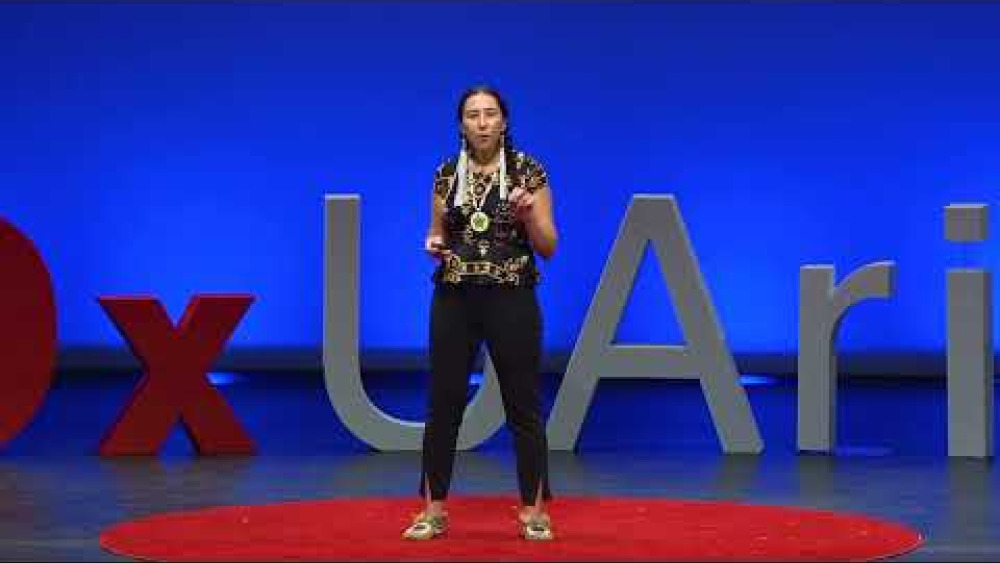
Indigenous Peoples Breathing Data Back | Stephanie Russo Carroll | TEDxUArizona
Indigenous peoples have been successfully working with data for millennia, and Dr. Stephanie Russo Carroll posits a way to bring “databack” into relationship with our messy, 3D, colonized world at TEDxUArizona. Discover the power of Indigenous Data Sovereignty and its role in reconnecting…

Genetic Research with Indigenous Peoples: Perspectives on Governance and Oversight in the US
Indigenous Peoples are increasingly exerting governance and oversight over genomic research with citizens of their nations, raising questions about how best to enforce research regulation between American Indian, Alaska Native, and Native Hawaiian peoples and researchers. Using a community-engaged…

Indigenous Peoples and research: self-determination in research governance
Indigenous Peoples are reimagining their relationship with research and researchers through greater self-determination and involvement in research governance. The emerging discourse around Indigenous Data Sovereignty has provoked discussions about decolonizing data practices and highlighted the…
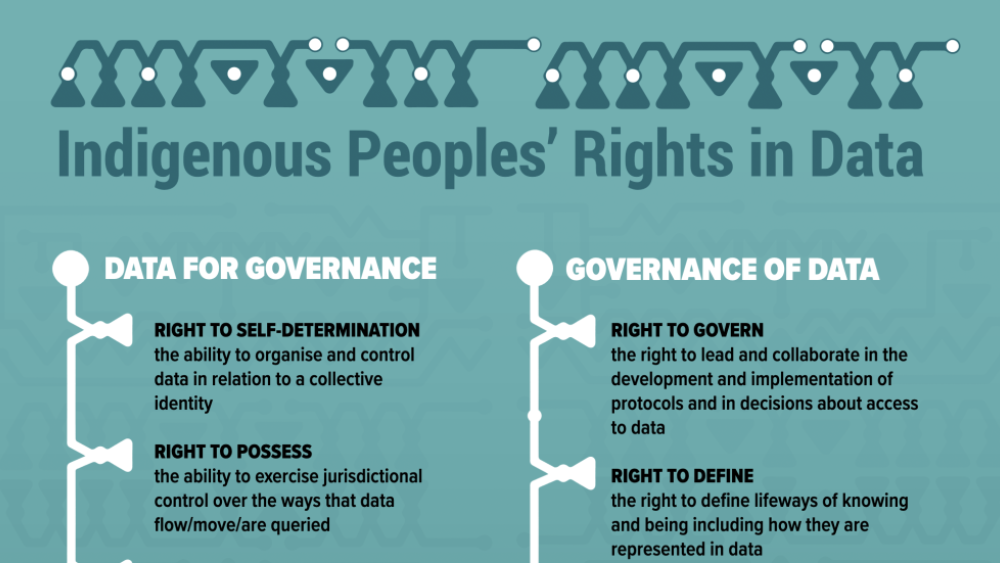
Indigenous Peoples’ Rights in Data
This is the one sheeter version of the publication "Indigenous Peoples' Rights in Data: a contribution toward Indigenous Research Sovereignty" Indigenous Peoples' right to sovereignty forms the foundation for advocacy and actions toward greater Indigenous self-determination and control across a…
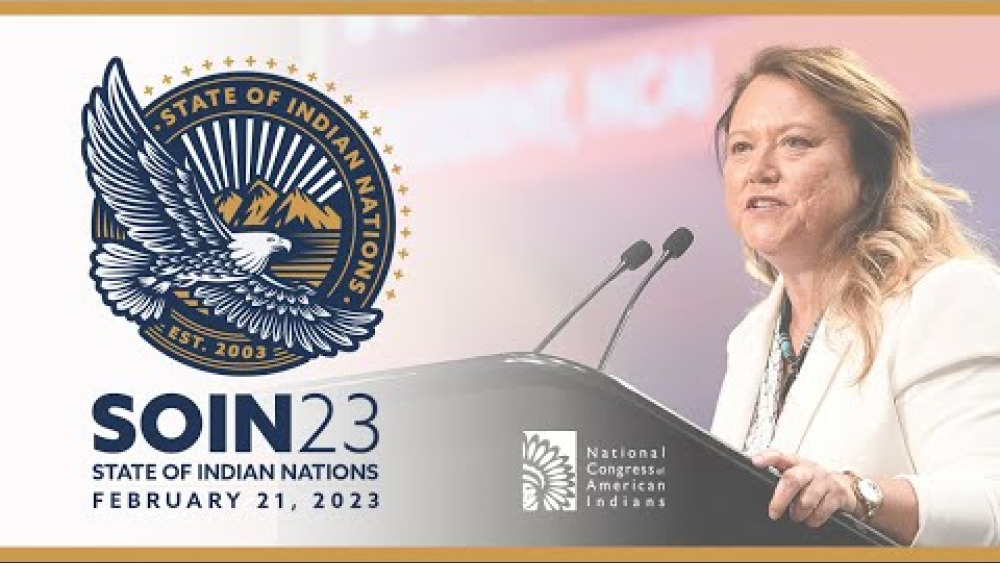
State of Indian Nations 2023 Address (SOIN23)
Each year, the President of the National Congress of American Indians presents the State of Indian Nations address to members of Congress, government officials, tribal leaders and citizens, and the American public. Typically delivered during the week that the President of the United States delivers…

Extending the CARE Principles from tribal research policies to benefit sharing in genomic research
Indigenous Peoples have historically been targets of extractive research that has led to little to no benefit. In genomics, such research not only exposes communities to harms and risks of misuse, but also deprives such communities of potential benefits. Tribes in the US have been exercising their…
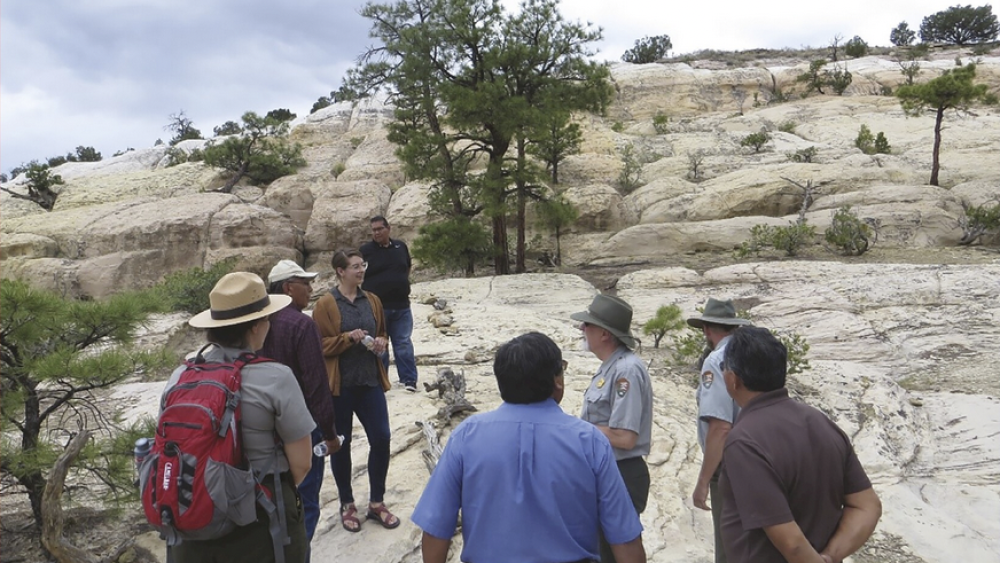
Archaeology and Social Justice in Native America
Over the past 20 years, collaboration has become an essential aspect of archaeological practice in North America. In paying increased attention to the voices of descendant and local communities, archaeologists have become aware of the persistent injustices these often marginalized groups face.…
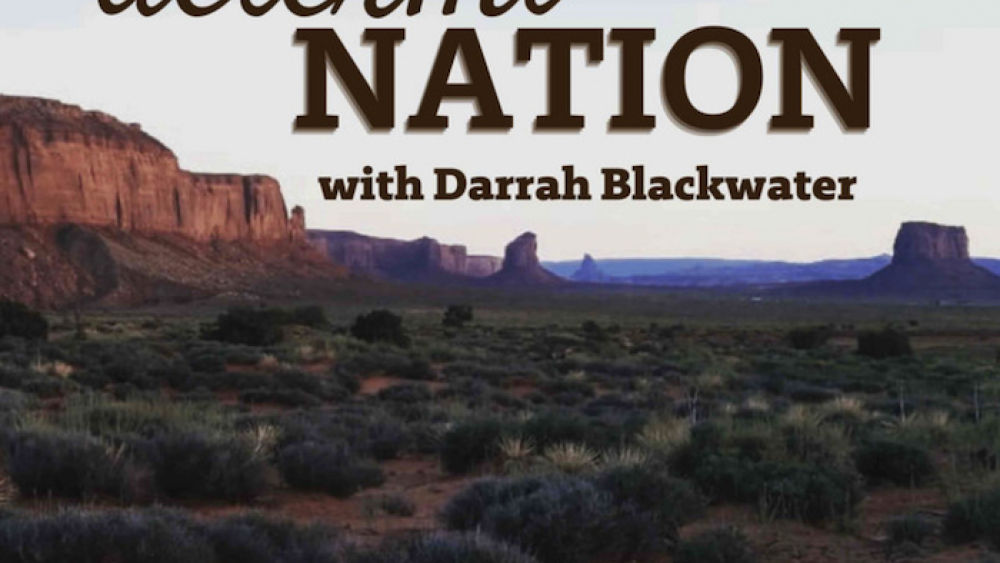
Determi-Nation podcast with Darrah Blackwater
Determi-Nation is a series of conversations with Indigenous people doing incredible things to strengthen sovereignty and self-determination in their communities.

Using Indigenous Standards to Implement the CARE Principles: Setting Expectations through Tribal Research Codes
Biomedical data are now organized in large-scale databases allowing researchers worldwide to access and utilize the data for new projects. As new technologies generate even larger amounts of data, data governance and data management are becoming pressing challenges. The FAIR principles (Findable,…
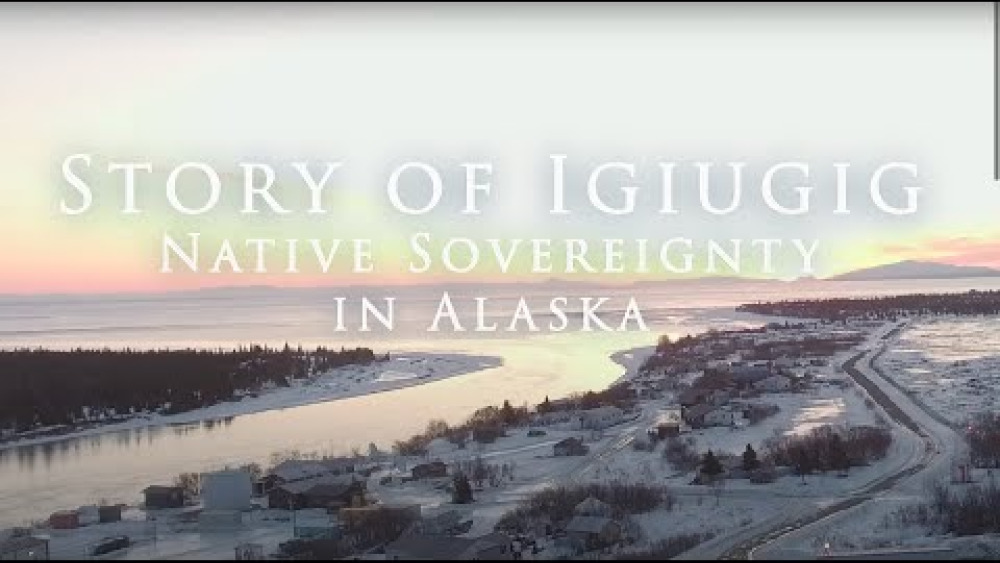
Story of Igiugig: Native Sovereignty in Alaska
This short film looks at how a sovereign Native people are planning for the future, as told through three short chapters: Chapter 1: Nunaput (Our Homelands) Chapter 2: Capricaraq (Persistence) Chapter 3: Pinarqut (Possibility)
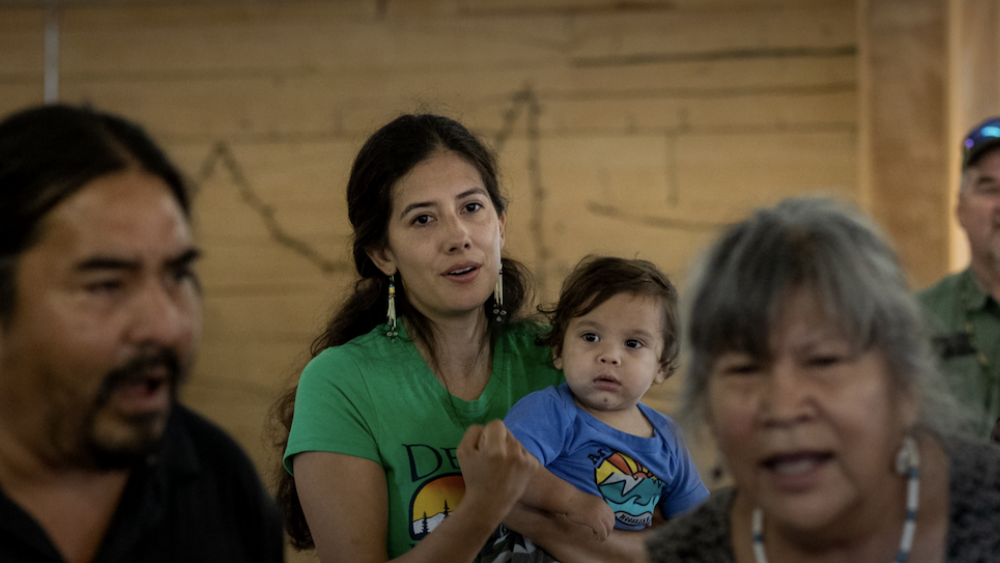
ANCSA: A complete or incomplete story of sovereignty
Shortly after the Alaska Native Claims Settlement Act passed into law in 1971, headlines started appearing in local newspapers that hinted at a growing confusion among Alaska Native communities: “Indian Country hard to define,” stated one Tundra Times edition. “ANCSA and tribalism?” asked another…
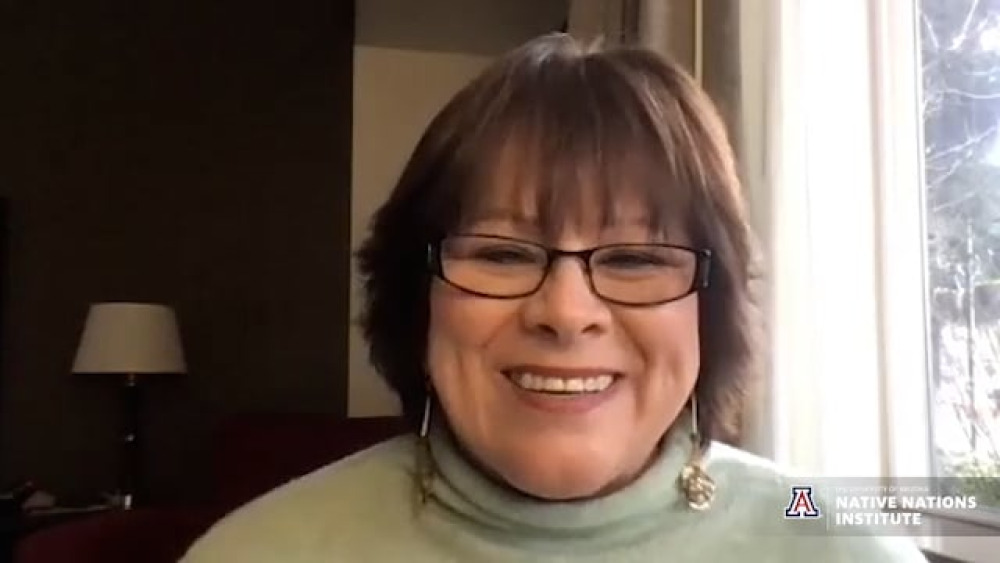
Indigenous Governance Speaker Series: How to Build a Nation with Susan Masten (Yurok)
Susan Masten (Yurok), former Chairwoman and valuable leader of the Yurok Tribe, joins the Native Nations Institute's Executive Director, Joan Timeche (Hopi), for an engaging discussion on Native nation building, specifically, how she actually helped build the nation. She was critical to the…
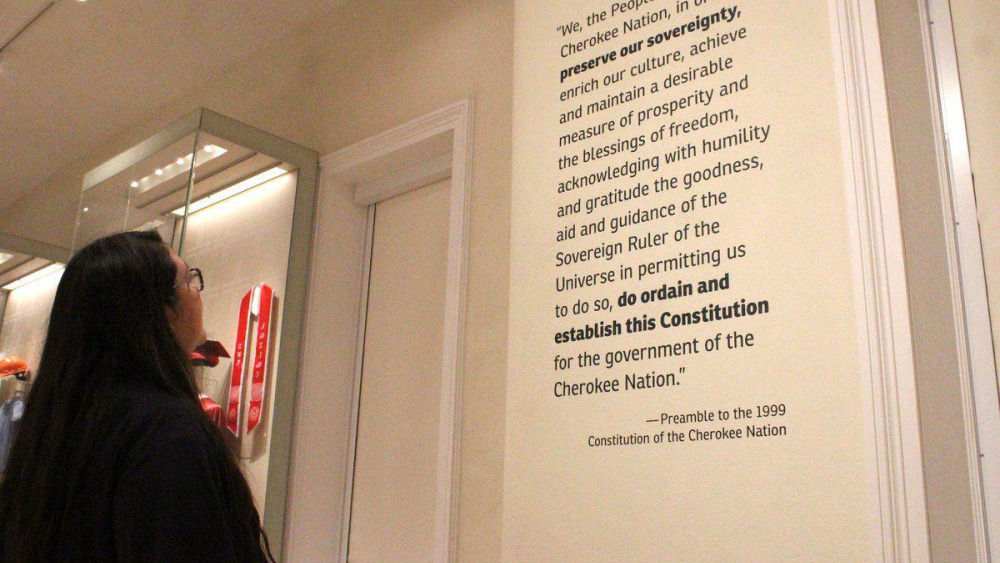
Cherokee Nation '99 Constitution Incorporated Older Ideas
Before the Cherokee Nation 1999 Constitution was ratified by voters in 2003 and recognized by the federal government in 2006, the tribe was governed under different laws that required extensive input and oversight by Cherokees when they decided to rewrite the document in 1995. Under the 1975…
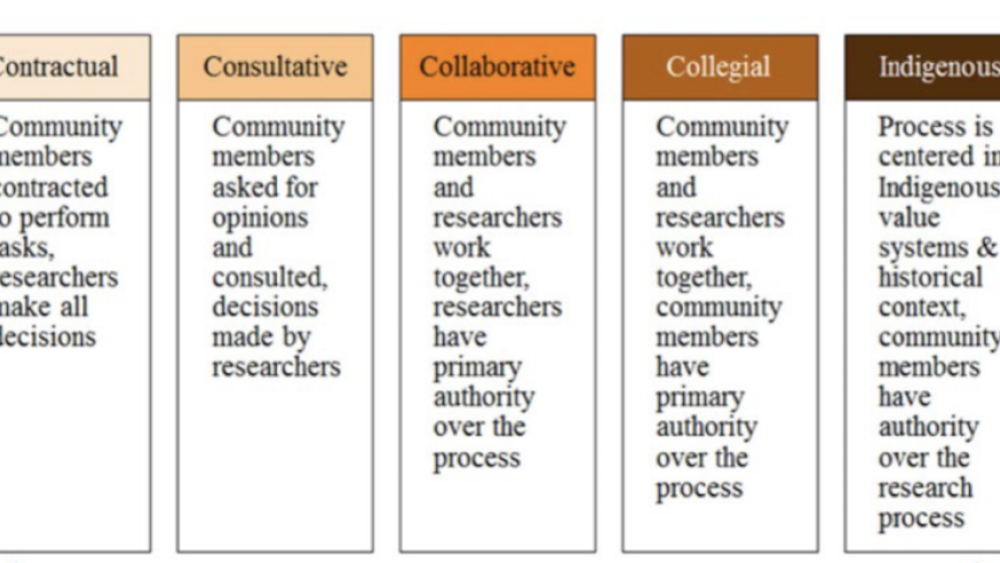
Relationships First and Always: A Guide to Collaborations with Indigenous Communities
Here in the U.S., we are in the midst of a great national reckoning. We have an extraordinary opportunity to acknowledge our roles in structural racism, reexamine biases, and engage in co-creating initiatives that honor the lives and livelihoods of Black, Indigenous, and People of Color. Every…
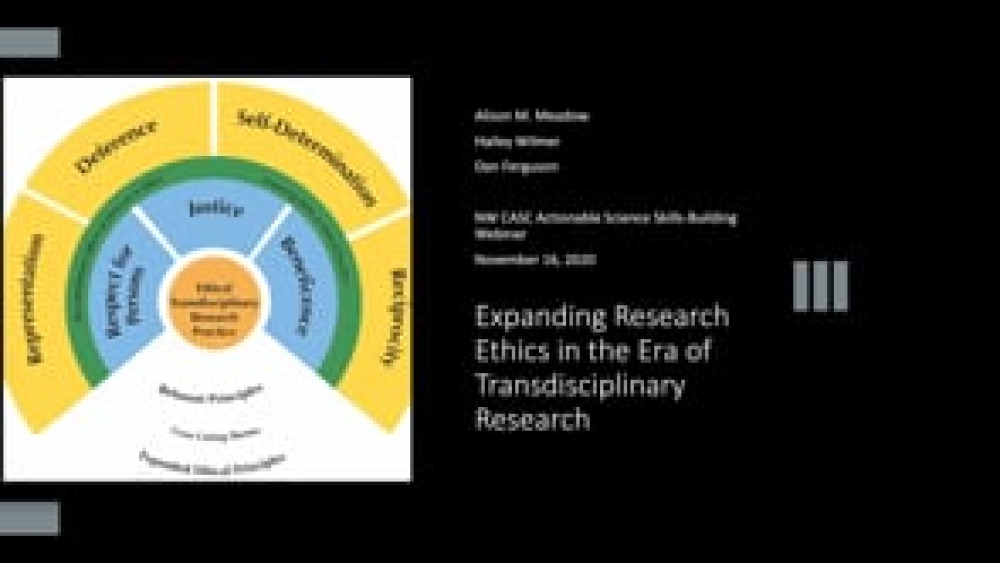
Improving Ethical Practice in Transdisciplinary Research Projects Webinar
Transdisciplinary research, or research conducted by people from different disciplines and organizations working together to solve a common problem, holds promise for communities and scientists seeking to address complex socio-ecological problems like climate change. However, this collaborative…

Post COVID-19 Implications for Genetic Diversity and Genomics Research & Innovation: A Call for Governance and Research Capacity
At a time of significant technological change and digitization in the biological sciences, the COVID-19 pandemic has highlighted again the inequities in the research and innovation ecosystem. Based on a consultation with an internationally diverse group of stakeholders from multiple fields and…
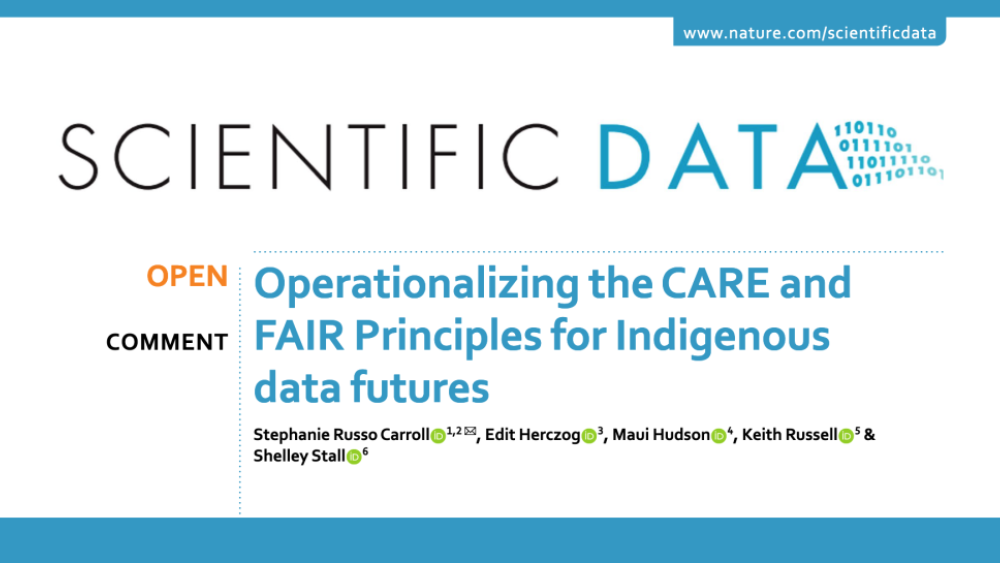
Operationalizing the CARE and FAIR Principles for Indigenous data futures
As big data, open data, and open science advance to increase access to complex and large datasets for innovation, discovery, and decision-making, Indigenous Peoples’ rights to control and access their data within these data environments remain limited. Operationalizing the FAIR Principles for…
